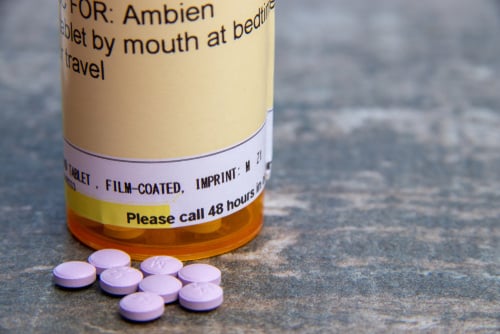Common Ways To Harm Your Recovery?
Substance use disorder, also known as addiction, is listed in the Diagnostic and Statistical Manual of Mental Disorders, Fifth Edition (DSM-5) as a chronic, relapsing brain disorder. It is characterized by compulsively engaging in substance abusing behaviors without regard for negative consequences. Individuals that struggle with addiction are essentially compelled to prioritize satisfying drug cravings above all else. The habits and patterns developed during one’s active drug use have been reinforced through habitual substance abuse and are often difficult to correct. Contrary to popular belief, it does take time some to develop substance use disorder, albeit less time for some individuals than others, as it is not an immediately developed affliction. Akin to the disease itself, the recovery process also does not occur instantaneously. Fortunately, there are a plethora of substance abuse and/ or addiction treatment options that offer a full continuum of care available to those in need.
What NOT To Do
The recovery process from substance abuse and/ or addiction is often divided into different phases: undergoing detox (the process that rids one’s body of all foreign substances), attending some type of formal addiction treatment, and aftercare. In order to ensure continued success, it is important to view each phase with equal importance. Typically, the most structured support is provided during the first two phases of recovery, which leaves the third (aftercare) open to vulnerability. Each person is different and will have a unique experience when it comes to their recovery from substance abuse and/ or addiction. Still, there are several ways individuals commonly, and often unknowingly, sabotage their own addiction recovery, such as:
- Boredom: supporting an addiction can be incredibly time-consuming. All that time that was previously used to accommodate satisfying one’s drug cravings is suddenly free, and if the new free time is not intentionally occupied (e.g. staying busy with new activities, hobbies, volunteer work, etc.), many will spend the newfound free time convincing themselves to use again.
- Isolation: the recovery process requires the support of others, and it is essential to stay connected regardless of which stage of the process you are in. Isolation can feed loneliness and, in turn, loneliness can feed depression: depression can lead to relapse.
- Judgment: do not compare yourself to others in recovery, as it will distract you from your true objective, and it is not a competition. Instead, you should view the recovery process for what it is: an opportunity for you to focus on and learn how to make your life better.
- Unhealthy friendships: most people that enter treatment have severely damaged relationships with individuals in their lives that did not help perpetuate their addiction. It can be difficult to disconnect from people that you consider your friends, but surrounding yourself with people that you used to abuse drugs with can only harm your recovery.
- Trying to do it on your own: there is a vast network of support available for individuals in recovery and it should not be ignored. When you refuse help in times of need you are setting yourself up for failure.
It is important to remember that substance use disorder is a mental health ailment, and recovery is a process. Relapse (returning to using substances after a period of sobriety) is, unfortunately, a recognized effect of substance use disorder and should not be stigmatized. Do not get discouraged if you relapse, instead give yourself the help you need.
For Information and Support
Substance abuse and addiction can be incredibly dangerous and can result in severe short and long-term consequences. If you or someone you know is suffering from substance abuse or addiction, please get help as soon as possible. The earlier you seek support, the sooner you and your loved ones can return to leading happy, healthy, and fulfilling lives. There is no reason to go through this alone, and we are here to help. Please feel free to reach out to us for further information or with any questions regarding substance abuse or addiction. We are available anytime via telephone at: 213-389-9964, or you can always email us at: info@friendlyhousela.org.



